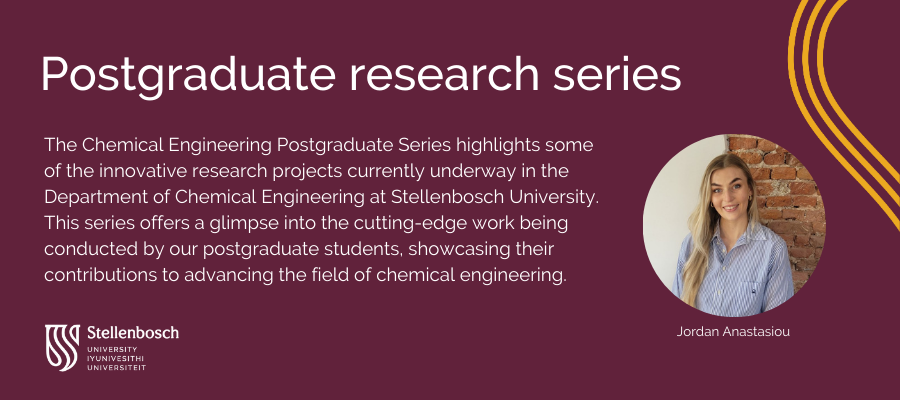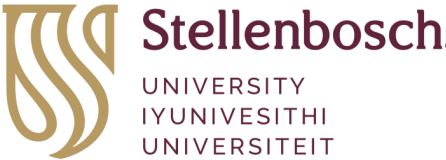
Deep-level mining in South Africa is a highly energy-intensive operation, with the cooling of underground environments being one of the most significant contributors to electricity consumption. Jordan Anastasiou, a master’s student in the Machine Learning research group at the Department of Chemical Engineering at Stellenbosch University, is working on a project to optimise the management of cooling circuits using advanced techniques, such as model predictive control (MPC).
The goal of the project is to optimise the operation of cooling circuits in deep-level mines by running energy-intensive units, such as refrigeration plants, during off-peak periods. This optimisation is achieved through model predictive control, which reduces refrigeration plant operation during peak times by drawing cooling water from a chill dam instead. The chill dam is then replenished during periods when electricity is less expensive. The ultimate aim is to align the operation of the refrigeration plants with Eskom’s time-of-day tariffs, using forecasts of stored water levels to ensure that underground cooling demands are consistently met.
The implications of this research are significant. Firstly, it offers substantial economic savings for deep-level mines, which, due to South Africa’s status as home to the world’s deepest mines, currently spend millions of Rands each month on electricity for cooling circuits. By optimising the power load to run during lower-cost periods and utilising stored water during higher-cost times, mines can potentially save up to R16 million per year. Additionally, this approach contributes to a reduction in the load on South Africa’s power grid, providing a broader benefit to the country’s energy infrastructure.
The project was conducted in collaboration with Mintek, where the need for improved control of the cooling circuit was identified. It was found that simulating the circuit dynamics was challenging, necessitating the development of detailed mathematical models before the refrigeration plants could be effectively controlled. To address this, the team decided to develop the mathematical models from first principles and then calibrate them using real process data. The plant agreed to provide historical data for this purpose.
After developing the first principles models and estimating the unknown parameters, MPC was implemented for level and temperature control across all units. An optimiser was subsequently added to ensure that the refrigeration plants were scheduled according to demand-side tariffs and the amount of stored water in the dams. The final stage of the project, the financial analysis, is currently underway, with initial projections suggesting potential savings of between R15 and R30 million per year.
This project not only exemplifies the potential of machine learning and advanced process control in the mining industry but also highlights the critical role that optimised energy use can play in reducing costs and supporting South Africa’s power infrastructure.
Jordan Anastasiou is completing her master’s degree in chemical engineering at SU while working as an asset engineer in heating and cooling systems at Equans in the Netherlands. She will present her research paper, “Model Predictive Control of an Underground Mine Cooling Water Operation,” at the CCA conference in Mauritius in September 2024.
Supervisor: Prof. Tobi Louw – Stellenbosch University, Department of Chemical Engineering
Co-supervisor: Dr. William Shipman – Mintek



